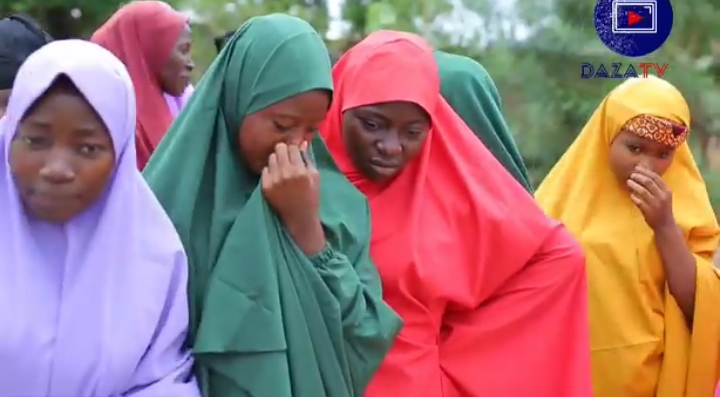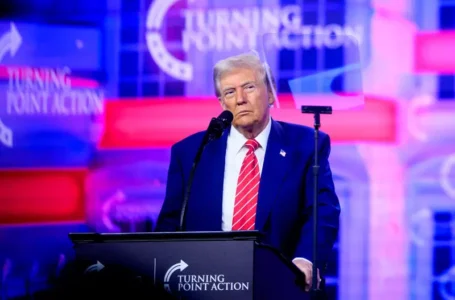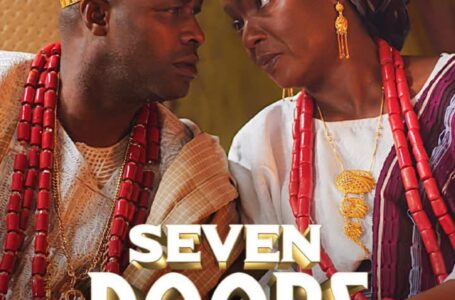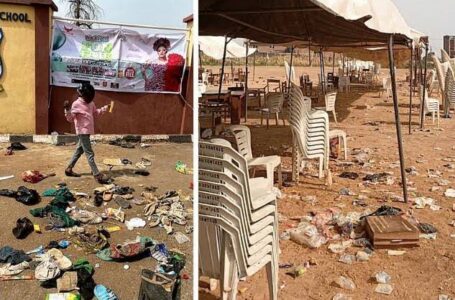Former US President Donald Trump Shot But Escapes Assassination Attempt
A storm of controversy has erupted following the announcement of a mass wedding involving approximately 100 orphans in Nigeria, scheduled to take place on May 24th in the state of Niger.
The proposed event has elicited widespread concern and condemnation, particularly regarding the welfare and rights of the orphaned participants, with fears raised over potential underage marriages and lack of informed consent.
Women’s Affairs Minister Uju Kennedy-Ohanenye has taken decisive action, filing a court order in an attempt to halt the ceremony. She has emphasized the need to safeguard the well-being of these vulnerable children, stating that they deserve protection and support rather than being subjected to potentially exploitative situations.
The involvement of local religious leaders and political figures in supporting the mass wedding has further fueled the controversy, prompting questions about the ethical and legal considerations surrounding the event.
Human rights activists have mobilized in response, launching a petition to halt the proceedings and garnering significant public support for their cause.
Child marriage remains a deeply entrenched issue in Nigeria, particularly in rural and impoverished communities, where cultural norms and economic pressures often intersect to perpetuate harmful practices.
As the debate intensifies, stakeholders and concerned citizens are calling for greater scrutiny and accountability in ensuring the protection of vulnerable children and upholding their fundamental rights.
This unfolding situation underscores the urgent need for concerted efforts to address the root causes of child marriage and provide comprehensive support and protection for at-risk children in Nigeria.










